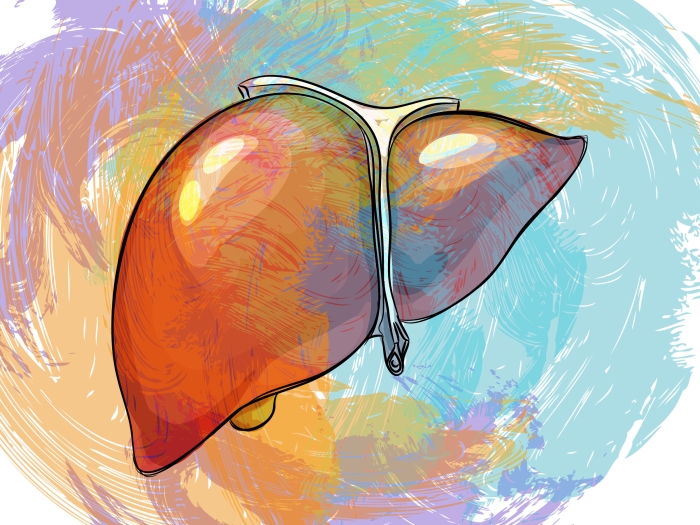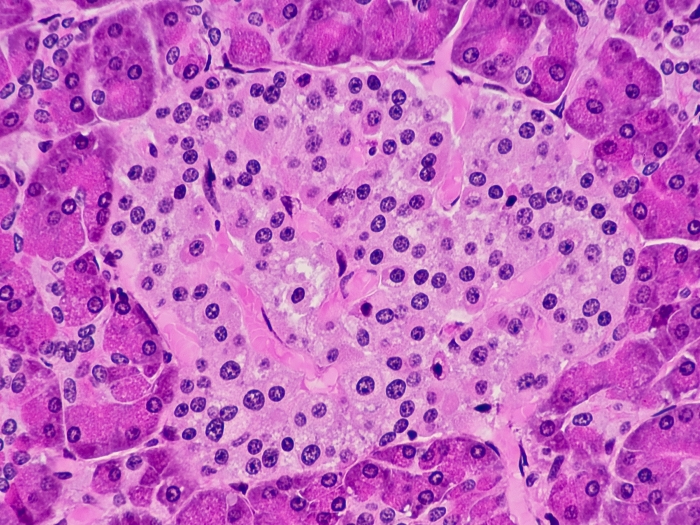Showing 91-105 of 363 results

Health Lab
The process, also known as liver perfusion, works differently than traditional ischemic cold storage methods for donor livers by involving technology that recreates the optimal physiological conditions for the organ.

Health Lab
By studying first-year college students’ experiences and backgrounds, scientists may have discovered a way to go beyond genetics to predict which students might be more or less vulnerable to stress-related depression.

Health Lab
In a study of the three most commonly prescribed blood thinners, the oral anticoagulant rivaroxaban, known by the brand name Xarelto, was associated with a significantly higher risk of bleeding complications than apixaban (brand name Eliquis) and warfarin for patients with blood clots or atrial fibrillation.

Health Lab
Drugs approved for people with obesity or diabetes, such as Ozempic and Wegovy, can reduce risk for older adults; a new poll shows attitudes toward them

Health Lab
A Michigan Medicine study published in JAMA Network Open examines past-year use of some of these hemp-derived cannabinoids, including cannabidiol, Delta 8-THC, cannabigerol and cannabinol.

Health Lab
Focusing on the ‘tripledemic’ of RSV, flu and COVID-19 infections that occurred last year, their results underscore the importance of all types of hospital emergency departments being prepared to care for sick children, especially when health systems become strained.

Health Lab
Infants with hemophilia A who received monoclonal antibody emicizumab experienced few bleeding events and no serious complications, a study suggests.

Health Lab
Opioid painkillers prescribed by surgeons have gone down in recent years but the decline has slowed since the pandemic

Health Lab
Inadequate health coverage is a particular problem for commercially insured children, according to a Michigan Medicine and Columbia study. The research shows that coverage gaps are affecting publicly insured children as well.

Health Lab
The use of telehealth remains high, with over 20% of American adults taking appointments online. These visits include video calls with registered dietitian nutritionists, who have a critical role in helping patients take on lifestyle changes through medical nutrition therapy. With a focus on the changing digital landscape, researchers at Michigan Medicine found that telemedicine patients with hyperlipidemia — an excess of cholesterol or fats in the blood — experienced similar positive health benefits compared to those who had in-person visits.

Health Lab
Teams from Vanderbilt University Medical Center and the University of Michigan design a comprehensive study that integrates multiple analytic approaches that has linked a regulatory gene network and functional defects in insulin-producing pancreatic beta cells to type 2 diabetes.

Health Lab
The Michigan Medicine finding suggest a need for more education and screening of older adults for cannabis-related risks.

Health Lab
Michigan Medicine researchers have found that growing bacteria on agar mixed with organs is an efficient and effective way to study infectious pathogens.

Health Lab
Pearce, professor of epidemiology at the School of Public Health and co-lead of Rogel’s cancer control and population sciences program, reflects on the project and why bringing this study to Michigan is so critical.

Health Lab
Through a series of experiments in non-human primates, mice and humans, a multi-institutional team led by researchers from Michigan Medicine and Rush University found that the immune protein soluble urokinase plasminogen activator receptor, or suPAR, is an important link between viral infections and proteinuria; the elevation of protein in the urine is known to cause glomerulopathy, a common form of kidney disease.